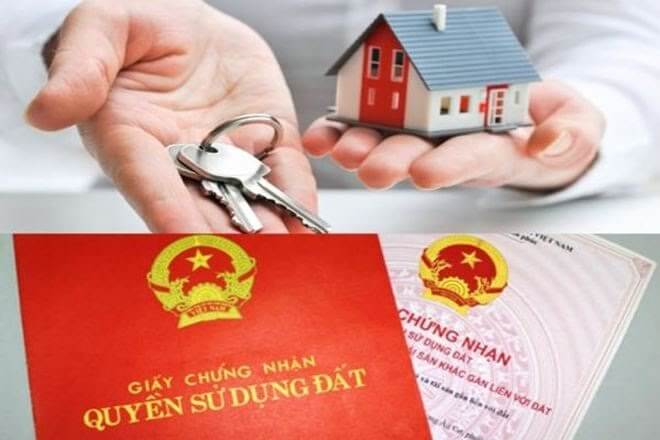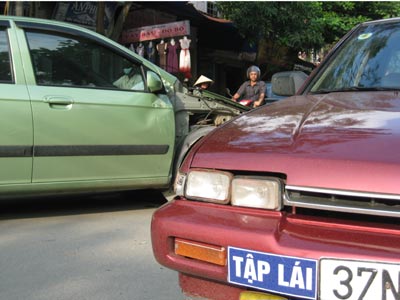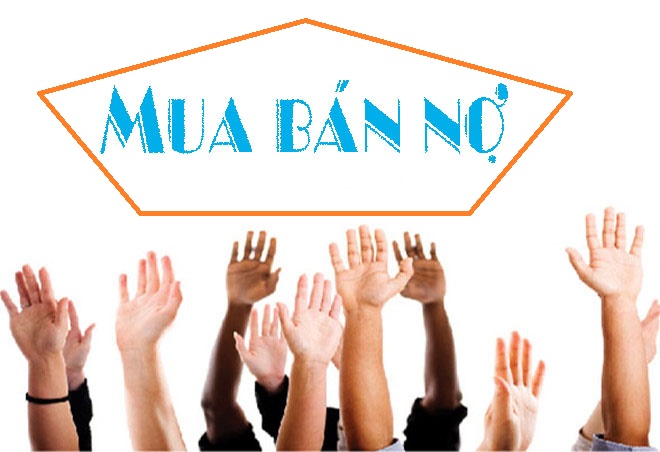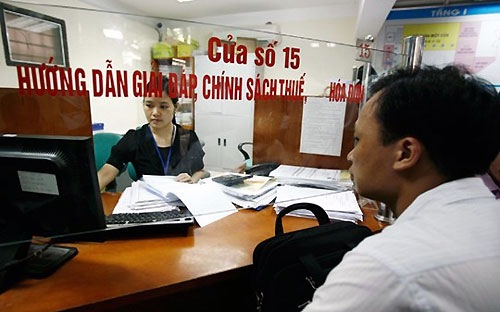Households and individuals in Vietnamare are the two most common land users. The following article will analyze the matters on the ownership in the Certificate of land use rights and ownership of houses and other property on land by households.
Vietnam: Notable contents on land-using households (Illustrative Image)
1. What is a land-using household?
According to the legal provisions, a household is considered a land user under Clause 2, Article 5 of the Land Law 2013. Specifically, land-using household means those who share a marital, family or foster relationship as prescribed by the marriage and family law, are living together and have joint land use rights at the time of being allocated land or leased land, or having land use rights recognized by the State; or acquiring land use rights.
The members of a household are typically determined based on information from the household registration book. However, not all individuals listed in the household registration book have common land use rights; they must meet the following two conditions:
- Share a marital, family or foster relationship as prescribed by the marriage and family law.
- Live together and have joint land use rights at the time of being allocated land or leased land, or having land use rights recognized by the State; or acquiring land use rights
Therefore, a child born after the time the State allocates, leases, recognizes land use rights, or transfers land use rights does not have land use rights.
2. Conditions for households to be granted a Certificate of land use rights and ownership of houses and other property on land in Vietnam
When a household uses the land according to the provisions of Article 99 of the Land Law 2013, the household will be granted a legally valid Certificate of land use rights and ownership of houses and other property on land. Certificate of land use rights and ownership of houses and other property on land is a legal certificate in which the State certifies the lawful land use rights and ownership of houses and property on land of the person who has land use rights and ownership of houses and property on land.
The Land Law stipulates the name on the Certificate of land use rights and ownership of houses and other property on land for households as follows:
c) In the case of a household using land, specify “Hộ gia đình, gồm ông” (“The household, including Mr.”) (hoặc “Hộ gia đình, gồm bà”) (or “The household, including Mrs.”), full name, date of birth, name and number of householder’s identity document as specified in Point a of this clause; permanent residence of the household. If the householder does not share a land parcel of the household, specify the name of representative who is another member of household sharing a land parcel of the household. On the next line, specify “Cùng sử dụng đất, cùng sở hữu tài sản gắn liền với đất (or Cùng sử dụng đất or Cùng sở hữu tài sản) với …(“share right to use land and property on land) with... (specify full names, dates of birth and number of identity documents of the remaining members having the same right to use land and property on land).
At this point, the land use right is a unified common property according to the civil code.
3. Rights and legitimate interests of members in households holding Certificate of land use rights and ownership of houses and other property on land
When the household members meet the conditions mentioned in Section 1, they automatically have equal rights to land use rights. Civil code stipulates that "… Possession, use, disposal of common property by family members is carried out by agreement… " - Clause 2, Article 212 of the Civil Code 2015.
Transactions involving this common property, including transfer, lease, sublease, inheritance, donation, mortgage of land use rights; capital contribution by land use rights must have the consent of all members and not solely dependent on the person named on the household GCNQSDD. Specifically, Clause 5, Article 14 of Circular 02/2015/TT-BTNMT stipulates:
5. The person named on the Certificate or the person authorized as per civil code provisions stated in Clause 1, Article 64 of Decree 43/2014/ND-CP can only conclude contracts or transaction documents related to land use rights and property on the land with the written consent of the household members using the land, and this document must be notarized or authenticated as per legal provisions.
Therefore, individuals and organizations conducting transactions related to the Certificate of land use rights and ownership of houses and other property on land issued to households should note this to avoid disputes and ensure compliance with the law.
4. Conversion of the name on the Certificate of land use rights and ownership of houses and other property on land from household to individual
The conversion of the ownership form on the Certificate of land use rights and ownership of houses and other property on land from a household to an individual is carried out when household members agree to relinquish their ownership to a single individual or agree to divide the land area into several parts, with each individual owning a separate part. This registration for the conversion must be performed at the competent land management office. The registration application as per the regulation includes:
+ Contract of donation of land use rights or contract of transfer of land use rights of household members that has been notarized or authenticated;
+ A copy of the Certificate of land use rights, ownership of houses and other property on land, or copies of substitute documents required by law for property to be registered for ownership, use rights in the case of contracts and transactions involving that property;
+ Copies of identity documents of the applicant, including ID card, Citizen ID Card, or passport, and household registration book;
+ Copies of other related documents (if any).
When the application is valid and financial obligations related to the transaction are fulfilled, the name on the Certificate of land use rights and ownership of houses and other property on land can be converted from household to individual.
Long Binh
 Article table of contents
Article table of contents











.Medium.png)
.Medium.png)
.Medium.png)
.Medium.png)
